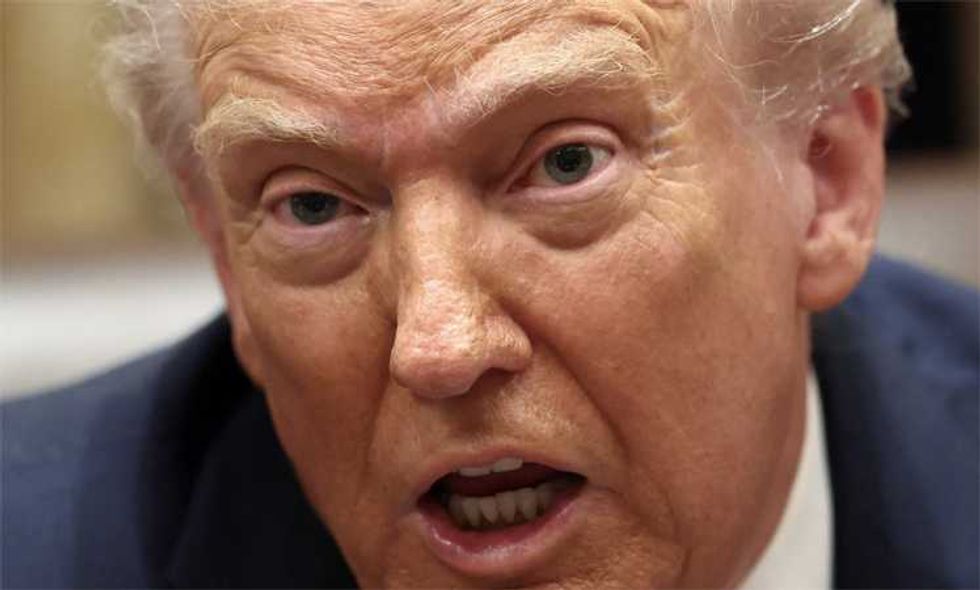UPDATE: British Muslim journalist and political commentator Sami Hamdi was detained by U.S. Immigration and Customs Enforcement (ICE) agents at San Francisco International Airport early Sunday morning. His visa has been revoked, according to Tricia McLaughlin, Assistant Secretary for the Department of Homeland Security.
Hamdi, known for his outspoken criticism of the Israeli government, remains in ICE custody as officials cite concerns over national security. McLaughlin stated on X, “Under President Trump, those who support terrorism and undermine American national security will not be allowed to work or visit this country.” This statement underscores a growing tension between U.S. immigration policy and free speech.
The Council on American-Islamic Relations (CAIR National) has condemned Hamdi’s detention as an “injustice,” claiming it is an attack on free speech. “Earlier this morning, ICE agents abducted British Muslim journalist Sami Hamdi at San Francisco Airport, apparently in response to his vocal criticism of the Israeli government during his ongoing speaking tour,” CAIR National said in a statement. They confirmed that Hamdi has not been deported and that legal actions are being pursued.
Hamdi serves as the Editor-in-Chief of The International Interest, a publication focusing on Middle Eastern and global political affairs. He has also contributed to Al Jazeera, further establishing his reputation within the media landscape. CAIR National emphasized that “arresting a British citizen legally visiting the United States because he dared to criticize a foreign nation’s genocide is our government’s latest blatant affront to free speech.”
This incident raises serious questions about the implications of U.S. immigration policy on journalists and commentators who voice dissent. As authorities work to address this situation, the ramifications for freedom of expression and civil liberties are under intense scrutiny.
As this story develops, many are watching closely to see if Hamdi will be released or face further legal challenges. The potential implications of this case could resonate beyond individual rights, impacting how critics of foreign governments are treated within the United States.
Stay tuned for more updates as this urgent situation unfolds.







